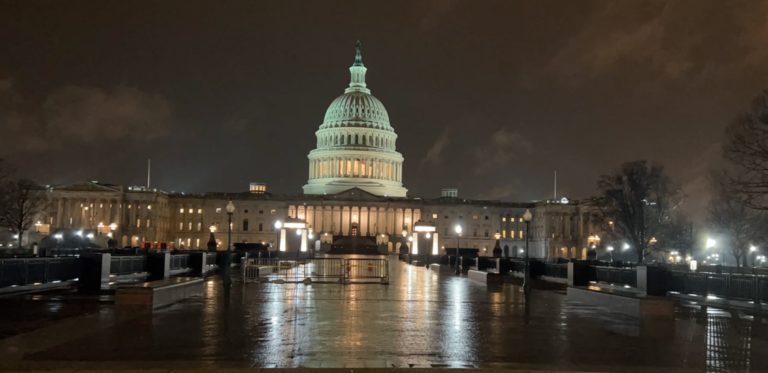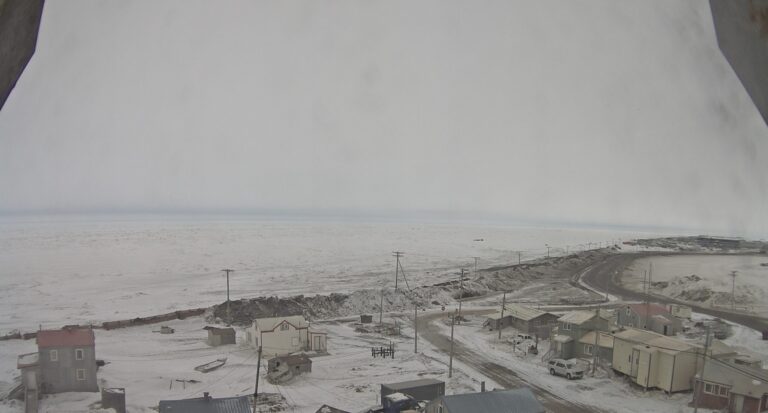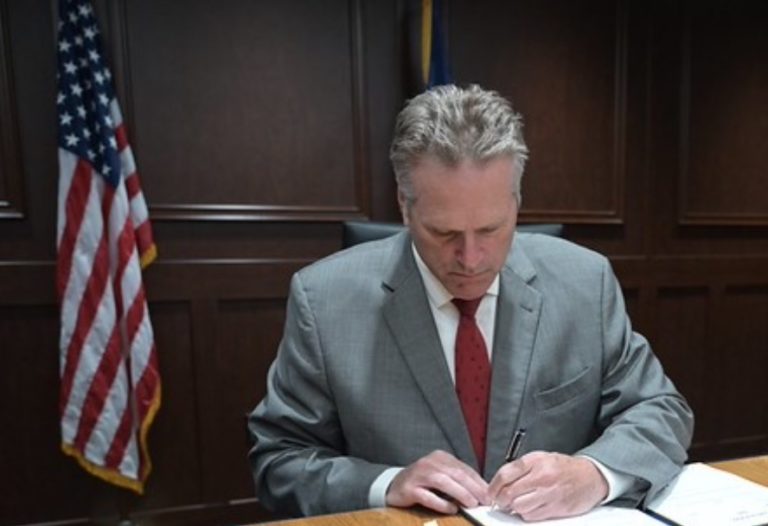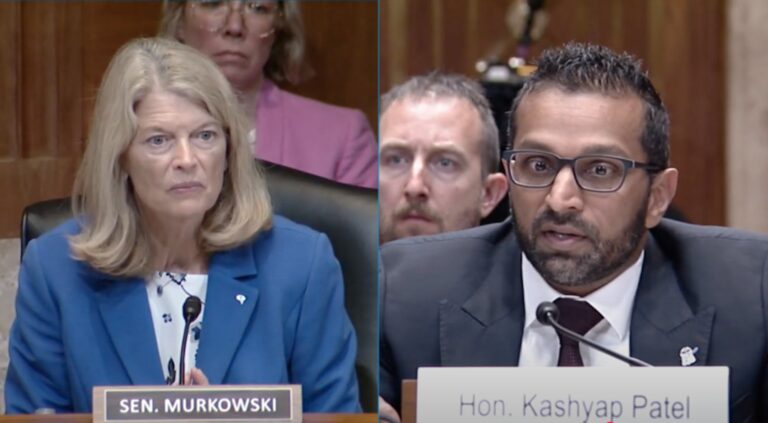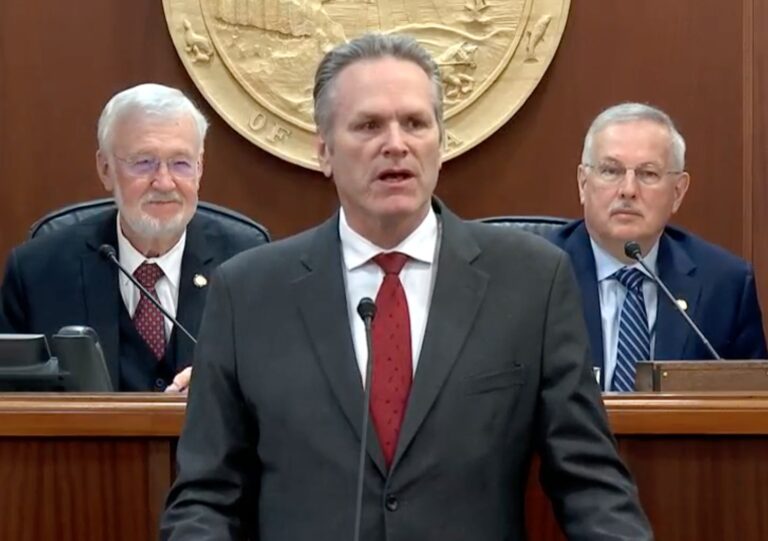The first portion of a new tax cut proposal released Friday by House Republicans on the Ways and Means Committee marks the latest step in delivering on President Donald Trump’s call for more pro-growth tax relief.
The package builds on provisions from the 2017 Tax Cuts and Jobs Act and includes income tax reductions, expanded deductions, and permanent extensions of prior tax benefits. Committee members say more provisions — including Trump’s proposed tax exemption for tips — will be introduced in the coming days.
Below is a summary of the key components unveiled so far, as analyzed by Americans for Tax Reform.
Income tax cuts
The proposal permanently extends the lower personal income tax brackets originally enacted in the 2017 tax reform law. Additionally, it provides a one-year inflation adjustment to further reduce income taxes in 2025 — a boost that applies to all brackets except the top 37% bracket.
Tax simplification
The current standard deduction, which was doubled in 2017 and is now claimed by 90% of taxpayers, would be made permanent. On top of that, the plan temporarily increases the standard deduction from 2025 through the end of 2028:
- Individuals: from $15,000 to $16,000
- Heads of household: from $22,500 to $24,000
- Married couples: from $30,000 to $32,000
The temporary increase is set to expire on Jan. 1, 2029.
Child tax credit
The current $2,000 Child Tax Credit is made permanent, with a four-year temporary increase to $2,500 per child beginning in 2025. This enhancement will expire in 2029, at which point the credit returns to $2,000 with future inflation adjustments.
Small business relief
The popular Qualified Business Income deduction (Section 199A) for pass-through entities would rise from 20% to 22% and be made permanent. The plan also loosens phase-in limitations and indexes income thresholds to inflation beginning in 2026.
Estate and generation-skipping tax relief
The federal estate tax, referred to as the “death tax,” receives a revision. The exemption threshold is permanently increased to $15 million, indexed to inflation. The generation-skipping transfer tax exemption is also raised to the same level and made permanent.
